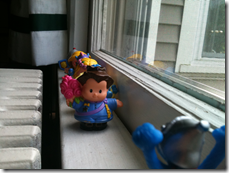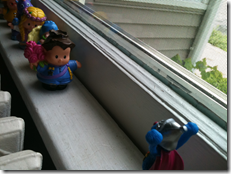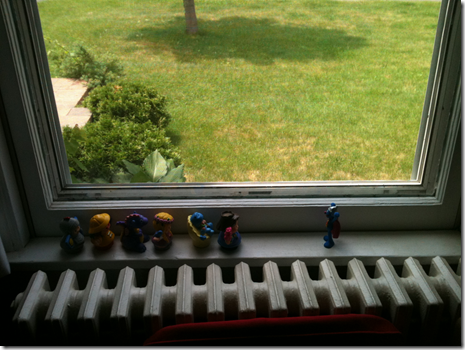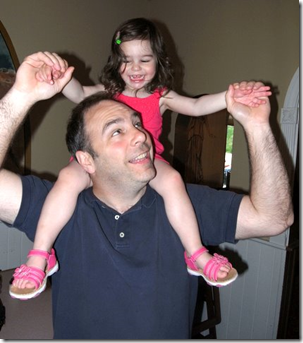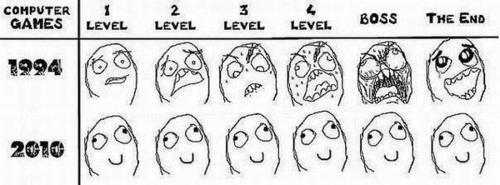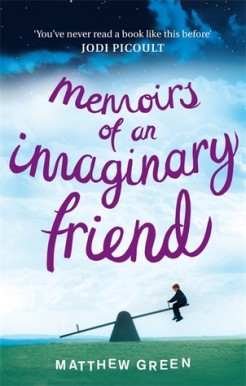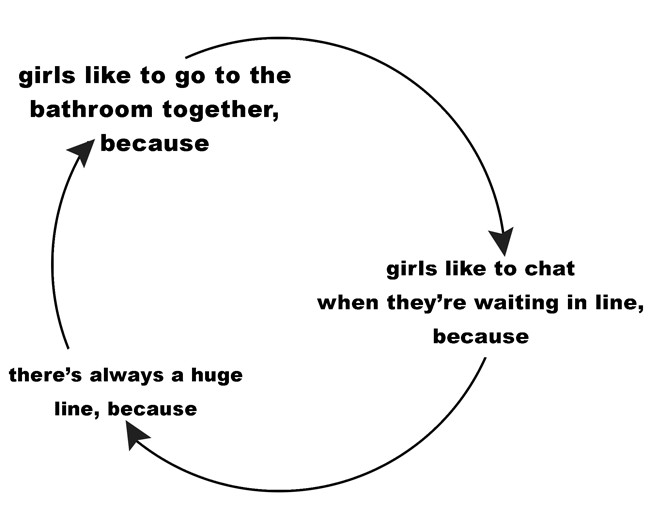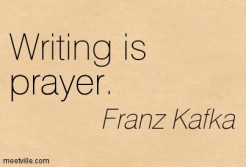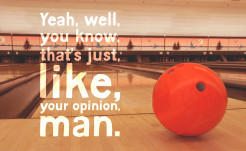Resolution update: May 2011
/1. Lose 23 pounds, bringing me down to my high school track and field weight.
Down eleven pounds since the beginning of the year. Twelve to go.
2. Do at least 50 100 200 push-ups and 50 sit-ups a day.
I have increased my push-up total to 200 a day, and in May, I missed three days. Two were purposely missed because I used the rowing machine at the gym, and one day was forgotten because I was spending the evening at the in-law’s home was fell out of my routine.
I might want to think about increasing my sit-up goals as well, except that sit-ups just aren’t as fun.
3. Practice the flute for at least an hour a week.
No practice. I remain a complete disappointment.
4. Find a wine that I can drink every night or so.
I tried one wine in May and di not like it.
5. Complete my fifth novel.
Four chapters into my newest book and things are going well. Once I have all four chapters in decent shape, I will send them to my agent for a first look.
6. Complete and submit one children’s book to my agent.
Done. She liked it. It has now been passed onto an agent who specializes in children’s book for an opinion.
7. Complete the book proposal for the non-fiction collaborative project that I began last year
Still a summer project,
8. Complete an outline for my memoir
Done, but it grows by the week. It would appear that my book on productivity will also be my memoir. The two have merged into one entity.
9. Convince my sister to write on http://107federalstreet.blogspot.com at least once a week and do the same myself.
No progress yet.
10. Drink at least four glasses of water every day.
Done.
11. Complete at least one of the three classes required for me to teach English on the high school level.
Nothing done yet.
12. Try liver.
Nope.
13. Publish an Op-Ed in a national newspaper.
Nope.
14. Participate in The Moth as a storyteller, at a live show or on their radio broadcast.
No, but I pitched another story about a week ago. How long should I wait before assuming that they are not interested?
15. See our rock opera (The Clowns) performed on stage as a full production or in a dramatic reading format.
Our dramatic reading at the local playhouse is scheduled for November 5 and 6.
16. Organize my basement.
Progress continues at a decent pace.
17. Land at least one paying client for my fledgling life coach or professional best man business.
None. But now I’ve added professional best man to the list. Please keep me in mind.
18. Rid Elysha and myself of all education debt before the end of the year.
Still waiting on the funding.
19. Replace the twelve ancient windows on the first and second floor of the house with more energy efficient ones.
Still waiting on the funding.
20. Make one mortgage payment from poker profits.
I remain stuck on a little less than 25% of a mortgage payment so far.
21. Post my progress in terms of these resolutions on this blog on the first day of every month.
Done. On time for once.




